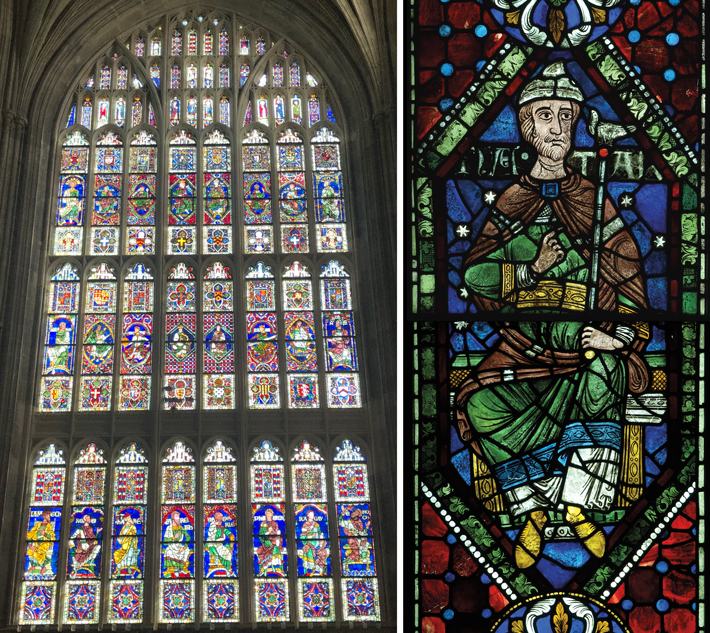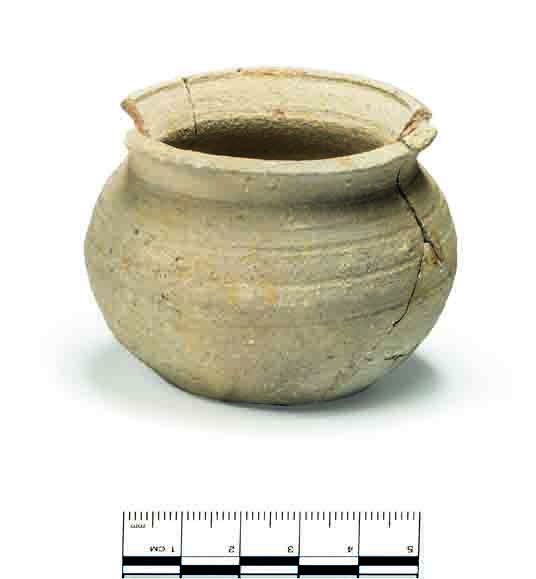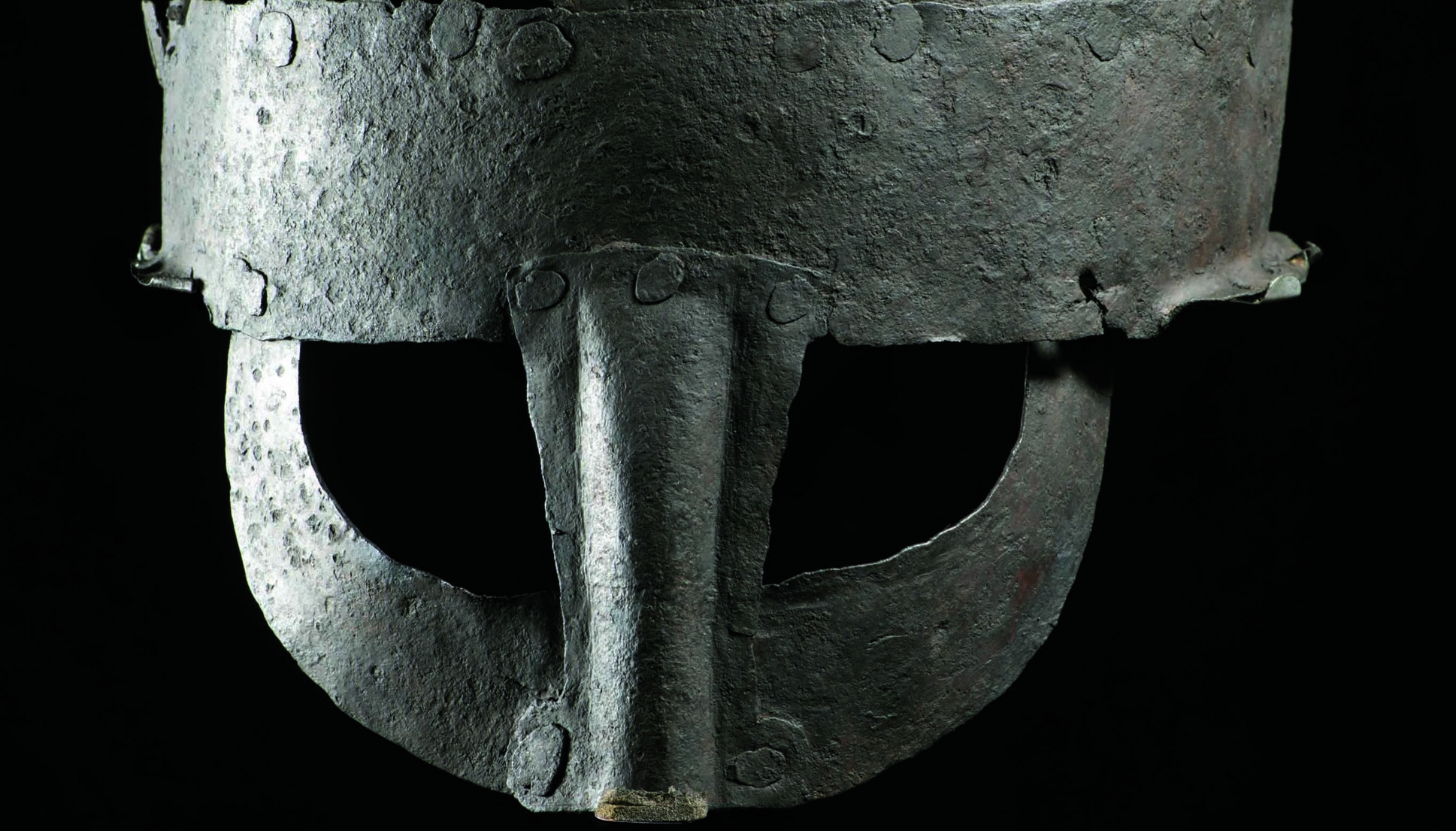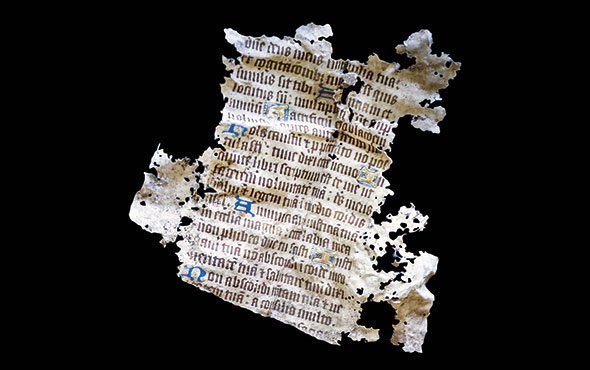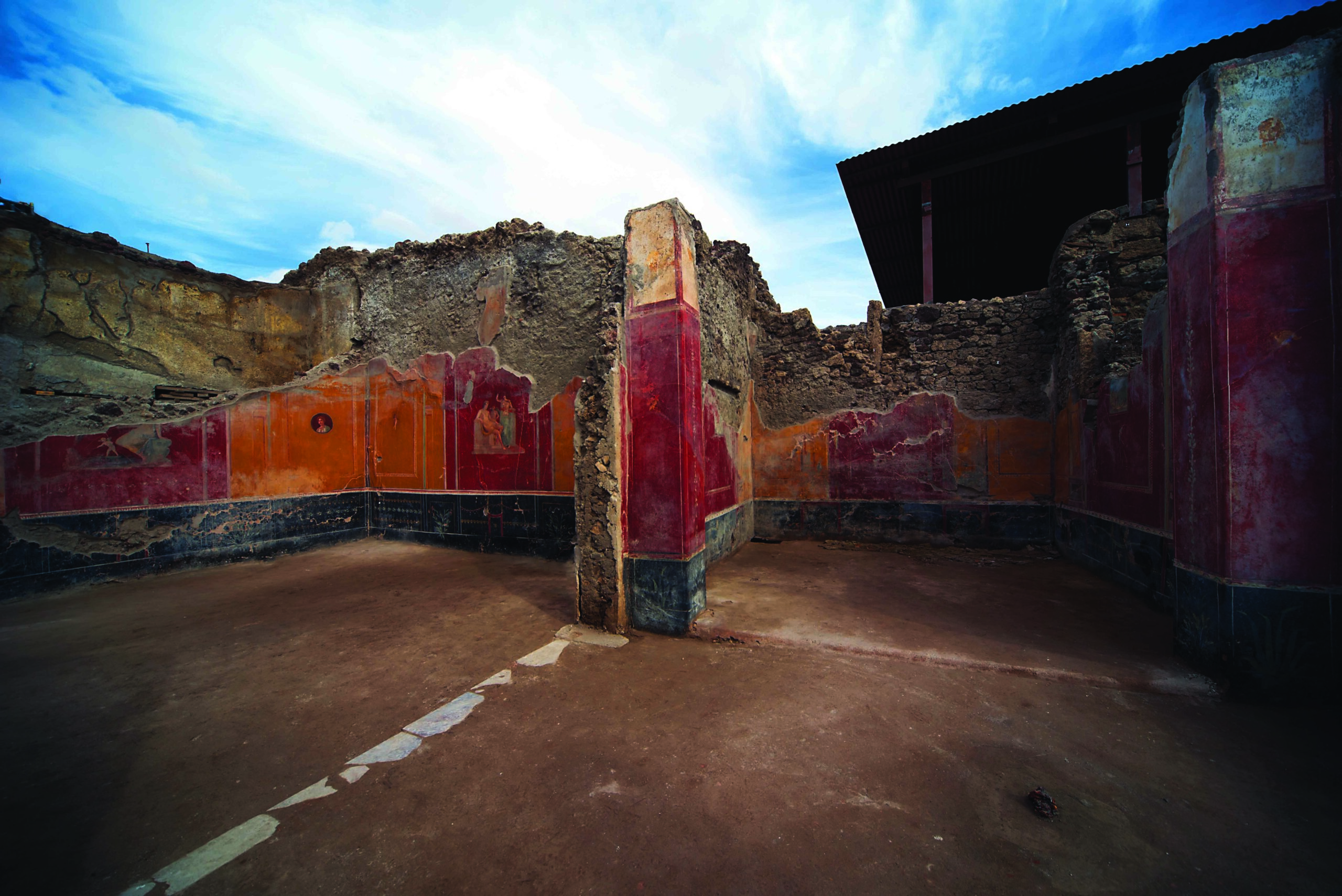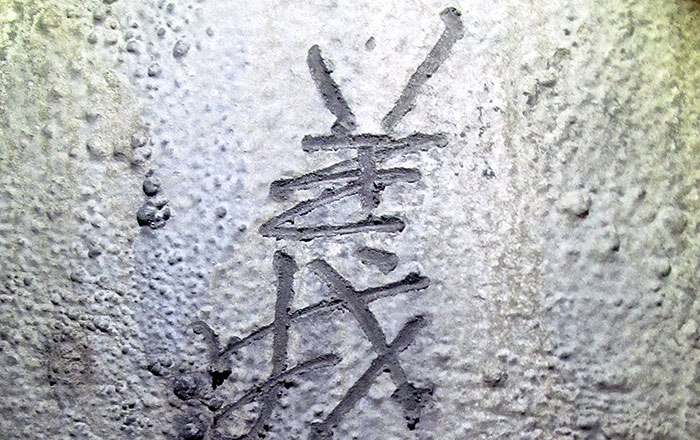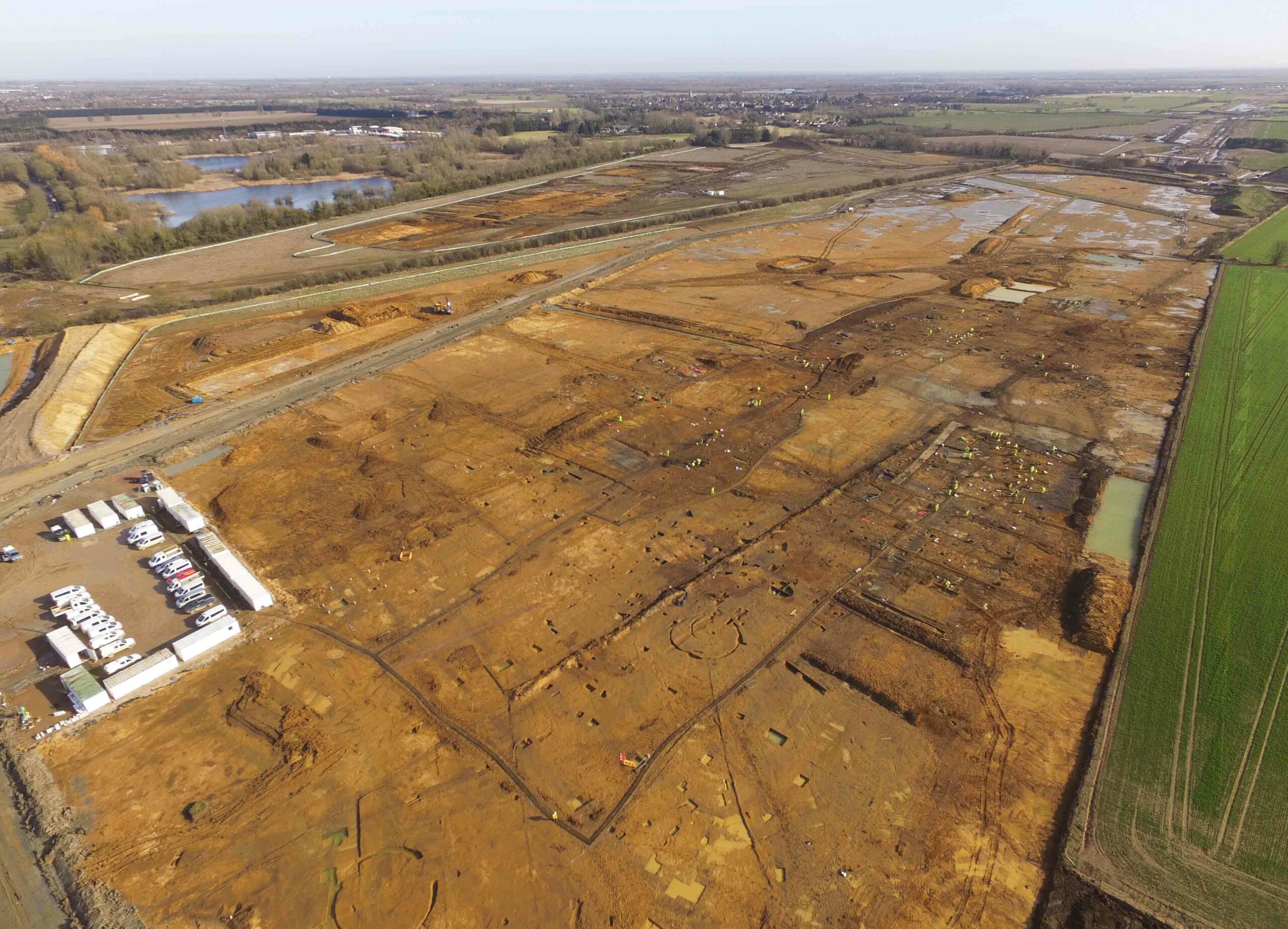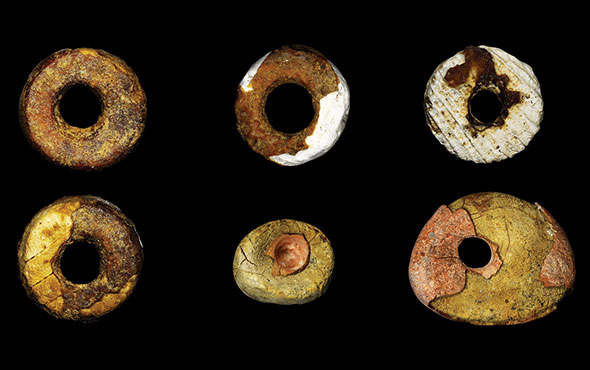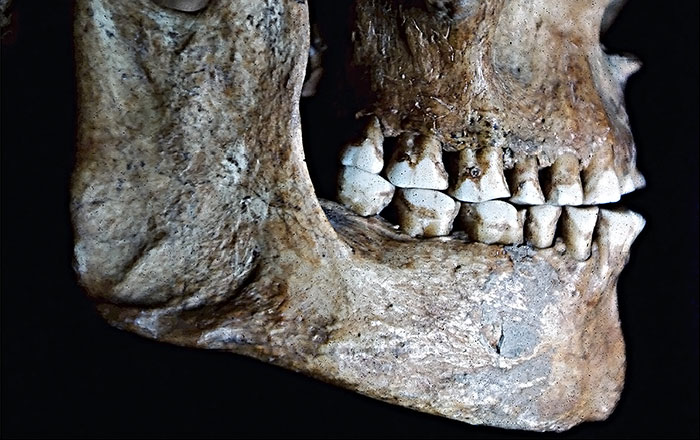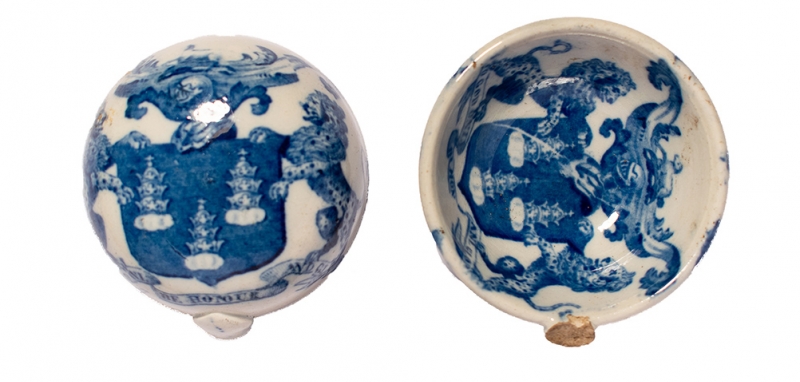
COVENTRY, ENGLAND—According to a report in the Coventry Observer, archaeologists have been excavating and conducting historic building recordings at Drapers' Hall, an early nineteenth-century building in Coventry's historic center. The structure, which features a neoclassical temple facade and is thought to be the most recently built of a succestion of guildhalls at the site stretching back to 1637, has sat empty for nearly 30 years. The surveys, conducted by Museum of London Archaeology (MOLA), are taking place ahead of plans to turn Drapers' Hall into a music education and performance venue. Previous excavations at the site confirmed that medieval remains lie under the foundation of the current building, when the city's drapers—or cloth merchants—became famous for the production of blue fabric. Artifacts recently discovered at the site include a sixteenth- or seventeenth-century pen made of bird bone, sixteenth-century beads, medieval glass and stone molds, and eighteenth- or nineteenth-century ladle bowls with the heraldic arms of the Drapers Company. To read more about the archaeology of medieval and early modern England, go to "The Many Lives of an English Manor House."


